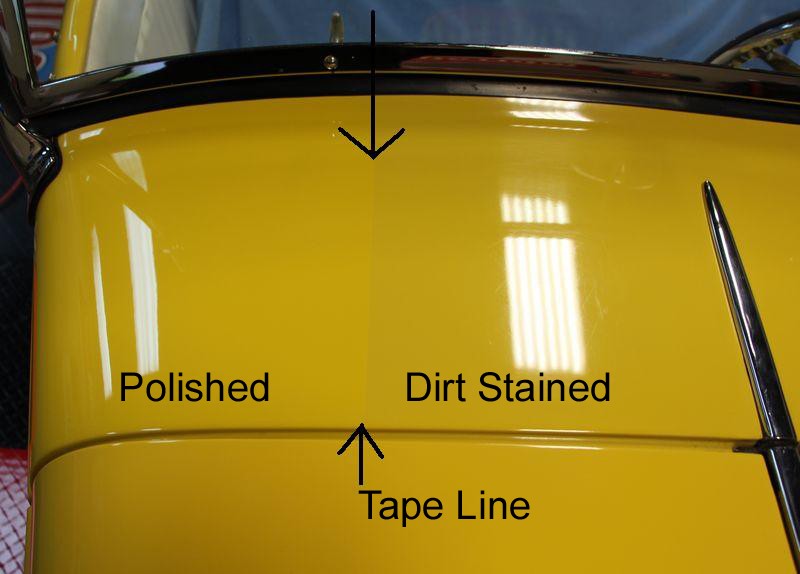rlmccarty2000
New member
- Dec 23, 2013
- 2,002
- 0
Some coating manufacturers are touting their coatings as oleophobic to solve the road film problem. Being hydrophobic is not enough.
Follow along with the video below to see how to install our site as a web app on your home screen.
Note: This feature may not be available in some browsers.
Some coating manufacturers are touting their coatings as oleophobic to solve the road film problem.
What about cleaners like ps21 total auto wash, polish angel ultrared and or mckees coating prep soap? I usually will use one of these say 3-4 months after polishing so I can lay some nice wax down on clean paint without having to re polish.
I feel like that is enough to remove road film?
So I think coatings provide better protection against road film. Not 100% of course, but in three years time it didn't seem too bad at all.
